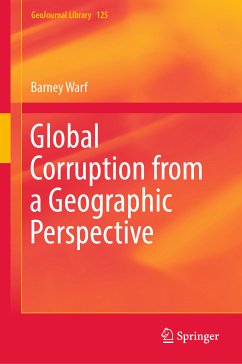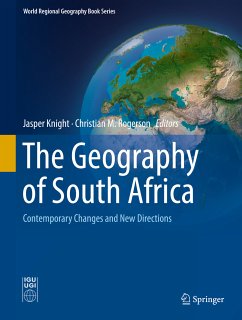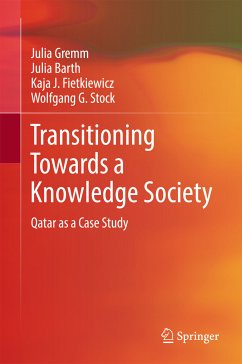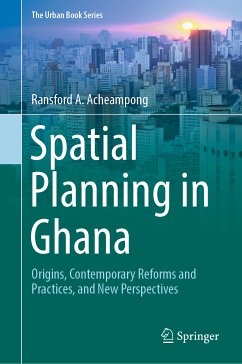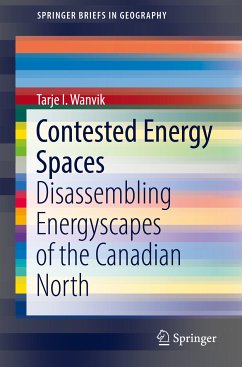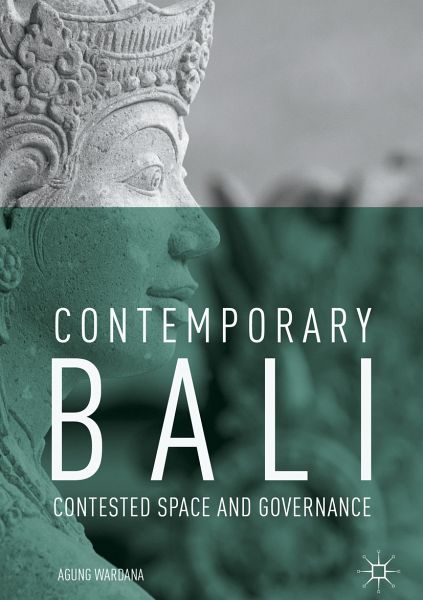
Contemporary Bali (eBook, PDF)
Contested Space and Governance
Versandkostenfrei!
Sofort per Download lieferbar
64,95 €
inkl. MwSt.
Weitere Ausgaben:

PAYBACK Punkte
32 °P sammeln!
An important contribution to legal geography, governance, and the anthropology of law, as well as to the understanding of economic developments in Bali Broadens the definitions of law and space, and applies these within the complex legal-institutional configurations of decentralised Indonesia Demonstrates the mechanisms through which social actors mobilise legal-institutional arrangements to advance their interests Highlights the extent to which multiple and often conflicting spatial constructions, arising from diverse interests and identities at different governance scales, reflect back on th...
An important contribution to legal geography, governance, and the anthropology of law, as well as to the understanding of economic developments in Bali
Broadens the definitions of law and space, and applies these within the complex legal-institutional configurations of decentralised Indonesia
Demonstrates the mechanisms through which social actors mobilise legal-institutional arrangements to advance their interests
Highlights the extent to which multiple and often conflicting spatial constructions, arising from diverse interests and identities at different governance scales, reflect back on the existing political-legal constellation, with significant social, cultural, and ecological implications
Dieser Download kann aus rechtlichen Gründen nur mit Rechnungsadresse in A, B, BG, CY, CZ, D, DK, EW, E, FIN, F, GR, HR, H, IRL, I, LT, L, LR, M, NL, PL, P, R, S, SLO, SK ausgeliefert werden.





